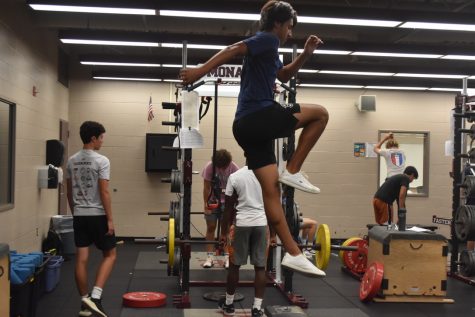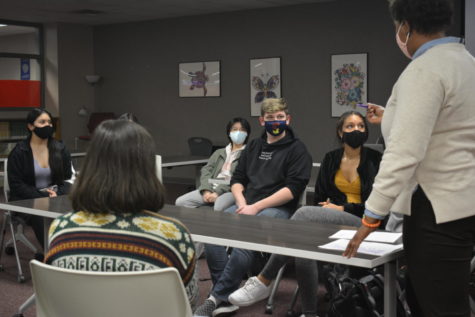Money Can’t Buy a GPA
The notorious college admission scandal has caused rich families to cheat the system and their children.
Money alone won’t lead you to success. It sure helps in getting a head start though.
This was the sort of doctrine that several wealthy families across the United States held in previous months. In March 2019, around fifty business leaders, coaches, administrators, celebrities, and parents were charged for scandalous activities regarding admissions into prestigious Ivy League universities. Most were accused of conducting or accepting bribery to falsely admit students into top-tier schools, involving hundreds more families in the process.
Unfortunately, the primary outlet that these families exploited was varsity athletics. Several university coaches were bribed or coerced into falsely titling students as potential varsity players, which granted scholarships that these students wouldn’t have normally earned with their less-than-average test scores and GPAs.
Evidently, these parents cheated the admissions system to get a taste of the fame that comes with being an “Ivy League Parent”. They need their children to bear the honor of being a graduate of an illustrious college, to receive the greatest education that this country has to offer. What I’m failing to see, however, is how these families believe that forcing their students into the best-of-the-best schools will provide them with the most effective education.
Ivy League schools don’t get their reputations from being disproportionally rich. High-caliber education and rigorous classwork are what earn them their exclusive admission rates. Considering this, how can you expect a student with a sub-par academic record to succeed in a university meant for top students, to compete against students that truly have the capability to thrive at an Ivy League school, to learn in a fast-paced and demanding curriculum?
A student’s college selection shouldn’t be based purely on the notoriety of the school. The most effective education can only be earned by choosing a college that is fit for the student; he or she shouldn’t have to push him or herself to fit into a college. Therefore, cheating people into a university will force them into an environment in which they can’t excel, can’t meet standards, and can’t escape failure.
I certainly don’t have the qualifications to generalize the students that were involved in the scandal; perhaps a few of them were academically capable of succeeding in an Ivy League school. But those that received a 24 on the ACT don’t deserve to be exploited into a free admission.
This scandal completely cheats out the honest, hard-working students that spend hours a day writing essays and studying material as well. Realistically, there are plenty of aspiring students that received top-notch standardized test scores, but a few faulty essay questions denied them the opportunity of getting into an Ivy League school. To think that those qualified scholars were rejected while families with disgusting amounts of money and connections were accepted is appalling.
This isn’t a complaint about how the admission process is corrupt. In fact, the universities involved are making ample efforts to dampen the situation. The University of Southern California, for example, plans to divert the bribery money to fund underprivileged students and is conducting reviews within its current student body as well. The admission processes of Ivy League schools are still closely monitored systems that are some of the best and most trusted in the country. Unfortunately, some people simply can’t be trusted and don’t deserve their position.
Money just seems to be the ideal vehicle to dilute one’s rationality.


















